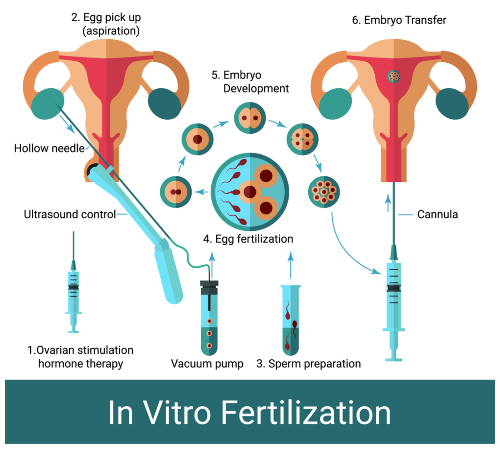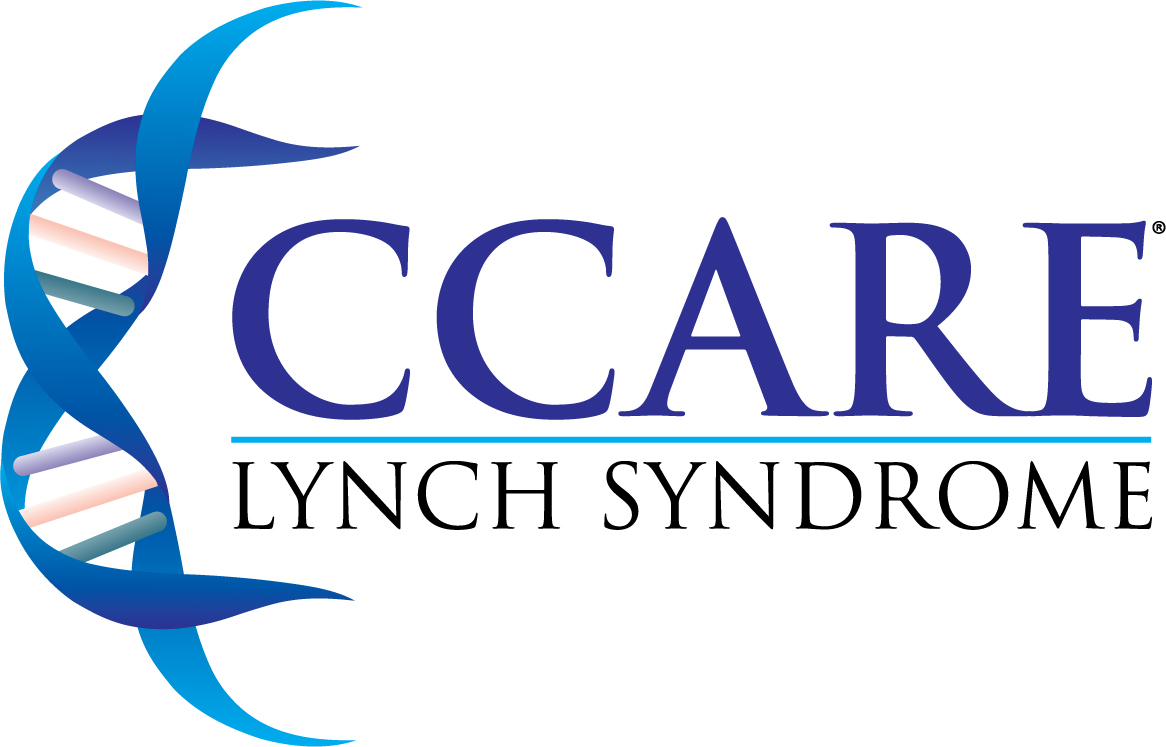Fertility

 Physicians Cancer Screening Woman’s Health Screening Criteria Genetic Testing Insurance Issues Preventive Surgery
Physicians Cancer Screening Woman’s Health Screening Criteria Genetic Testing Insurance Issues Preventive Surgery 
Uterine and Ovarian Cancer
- Woman with Lynch syndrome have a significant lifetime risk of uterine and ovarian cancer, depending on their subtype.
- Since an early sign of endometrial cancer is abnormal bleeding, patients with Lynch syndrome need to be informed to contact their physician as-soon-as-possible about any symptoms. Unlike a non-lynch patient, an endometrial biopsy should be considered on an urgent manner.
- Routine endometrial biopsies every 1-2 years starting at age 30-35 can be considered.
- A hysterectomy should be considered when child rearing is completed, starting at the age of 40.
- Transvaginal ultrasounds should be patient specific and not shown to be beneficial on a routine basis for screening for uterine or ovarian cancer.
- CA125 tests have not been shown beneficial for routine Lynch syndrome screening, but may be appropriate in certain patient situations.
- Due to the lack of symptoms with early ovarian cancer and the elevated risk of ovarian cancer, a bilateral oophorectomy should be done at the time of hysterectomy.
- The timing of a total hysterectomy depends also on family history, the subtype of the Lynch syndrome gene, symptoms, and comorbidities.
- If child rearing is not complete, egg cryopreservation should be discussed with the patient prior to surgery.
- Due to symptoms and medical complications to bone, psychological health, and cardiovascular health of a surgical menopause, estrogen replacement therapy should be considered.
- If estrogen therapy is planned, it should be started as close as possible to surgery to prevent estrogen withdrawal symptoms. Ordering and obtaining the prescription prior to surgery can prevent significant symptoms.
- If an oophorectomy is not an option a salpingectomy in the general population has been shown to reduce the risk of ovarian cancer for premenopausal individuals, which may also apply to high-risk individuals.
National Comprehensive Cancer Network Guidelines Version 2.3004, Genetic/Familial High-Risk Assessment: Colorectal, Endometrial, and Gastric

Fertility
One of the biggest concerns people have is passing a hereditary disease, like Lynch syndrome to their children. Because Lynch syndrome is autosomal dominant, there is a 50% chance of passing this on to offspring. To avoid this risk, Preimplantation Genetic Testing for Monogenic Diseases (PGT-M) can be utilized. Once a polymorphism or Lynch causing gene is identified, reproductive specialists can identify affected genes in the embryos created during an In-vitro fertilization cycle. By having this information, embryos not affected by the condition can be selected and be transferred to patients yielding a normal pregnancy and an unaffected baby, therefore cutting the Lynch hereditary transmission. Albeit some fertility treatments like this can sometimes be expensive or present limitations in access to care, PGT-M it is one of the best options to date in order to prevent the transmission of Lynch syndrome. These technologies shed some light and promise for the future of reproductive choices in patients with Lynch and should be broadly discussed at the onset of a diagnosis for Lynch syndrome.

